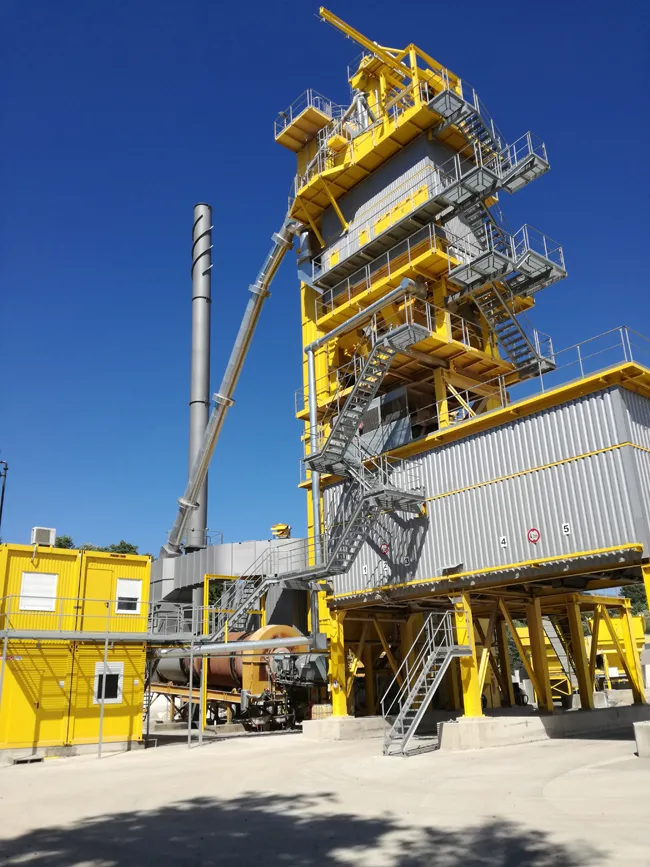
In England, National Highways has extended trials of biogenic binders to include warm mix asphalt and up to 30% reclaimed asphalt.
The trials of bio-binders, warm mix asphalt (WMA) and recycled material will help ensure compliance with National Highways’ Works Clause 942 specification for thin surface courses.
Heidelberg Materials has used its CarbonLock asphalt containing polymer modified bitumen (PMB) bio-binders, produced as both hot mix and warm mix asphalts. They contain up to 30% reclaimed asphalt to test the feasibility of various configurations.
Bio-binders contain natural biogenic material, which absorbs and stores CO₂, even when the asphalt is recycled. In addition, the PMB binder used in the trials is expected to boost durability and extend the life of the asphalt, reducing maintenance frequency.
The latest trials are on the A2 near Canterbury and A34 near Newbury. On the A2, four sections were carried out as part of the National Highways – A2 Kingston Scheme. The A2 trials used more than 1,500tonnes – and the A34 around 500tonnes – of CarbonLock asphalt, reducing the carbon emissions associated with the asphalt by around 26%.
The A34 trials, carried out as part of the National Highways A34 SB South Isley to Beedon Scheme, replicated the A2 section works but added a fifth trial section: CarbonLock PMB asphalt containing 30% reclaimed asphalt produced as WMA.
The work was coordinated by the AtkinsRéalis Jacobs joint venture as part of the National Highways research project Future Asphalt Surface Course Linking to NH Net Zero under SPaTS 2. The trial sections are undergoing laboratory testing and are being monitored to see how they compare with standard PMB asphalt used in the control sections in terms of performance and whole-life carbon reduction.







